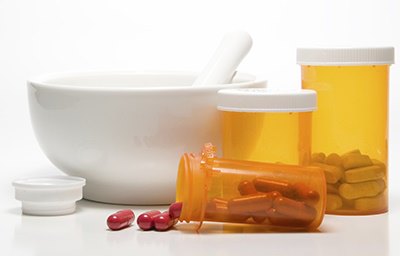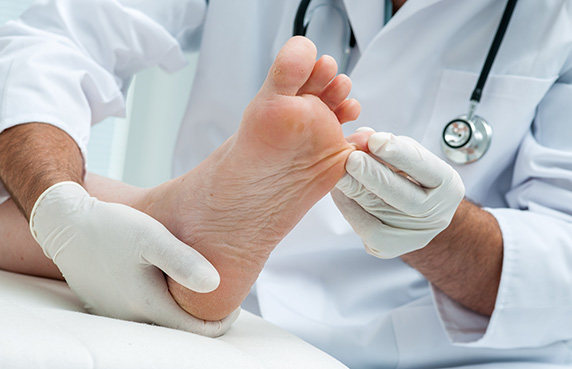When medications are on back order or discontinued for reasons unrelated to safety, our pharmacy can often obtain the active ingredient as a pure chemical and compound the needed preparation. Compounding enables us to remove problematic excipients such as dyes, sugar and lactose; and to customize the dose or concentration of a medication. We can compound medications as dosage forms that are not commercially available, such as lollipops or transdermal gels, to make it easier for people to take their medications and help reduce side effects. When you need a medication that is not commercially available, ask our professional compounding pharmacist.
Although compounded medicines do not require FDA approval, the professional practice of pharmaceutical compounding falls under the jurisdiction of State Boards of Pharmacy and some federal regulations. Commonly compounded medications include drugs for pain management (gabapentin, baclofen, cyclobenzaprine, diclofenac, ketamine, lidocaine, bupivacaine, flurbiprofen) or hormone replacement (progesterone, estradiol, estriol, testosterone). Compounded medications are often used in dermatology to help achieve better therapeutic effects through the synergistic action of a specific combination of ingredients.1
Examples of customized dosage forms:
Transdermal and topical formulations may offer significant advantages to oral dosage forms. When a patient has difficulty swallowing, we can often formulate the needed drug as a transdermal gel or cream that will facilitate drug absorption through the skin. Transdermal administration is an option used for patients who are nauseated or have a chronic illness and is often preferred by pets and their owners, as well. Topical medications can target a local problem.
Transdermal medications bypass first-pass hepatic metabolism and reduce the potential for drug interactions associated with oral administration.
Lip balms, metered nasal or sublingual sprays, non-aerosol topical sprays, creams, gels, and ointments can be used to apply the medication directly to the affected site.
Troches, lozenges, freezer pops, and lollipops can be flavored and compounded to contain numerous medications and can be dispensed in child-resistant containers. These are ideal dosage forms for children or patients who have difficulty swallowing, or when a medication (such as an anti-fungal drug) needs to be held in contact with the oral mucosa.
Suppositories remain a popular dosage form. Unique designs such as the “rectal rocket” facilitate simultaneous internal and external administration of medications to treat hemorrhoids and other conditions.
If you need a medication that is not commercially available due to shortages or because it was discontinued for non-safety reasons (such as declining profitability), contact our compounding pharmacy. We welcome the opportunity to work together and help patients with unique needs.






